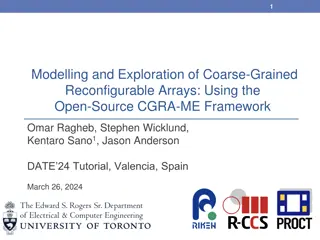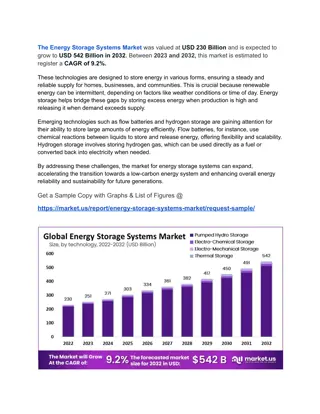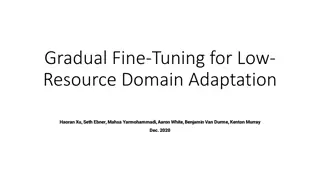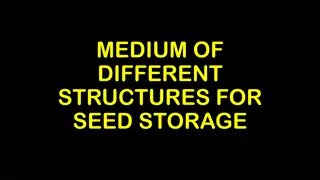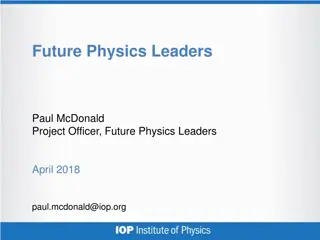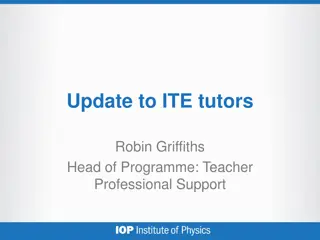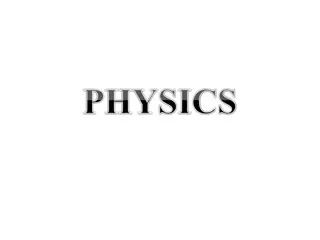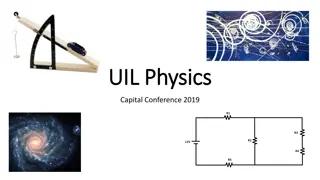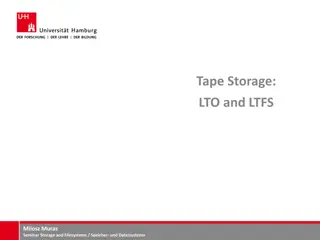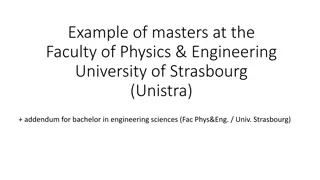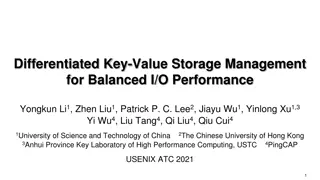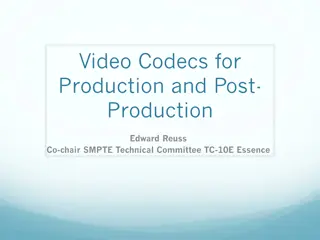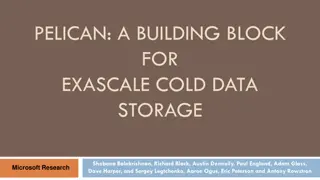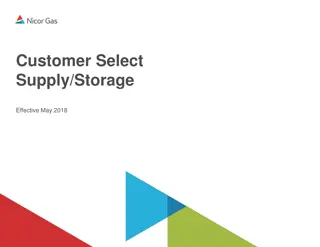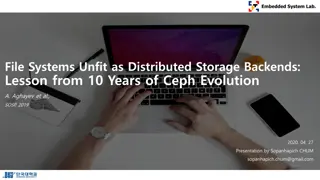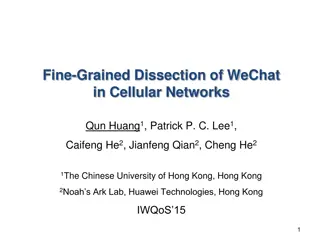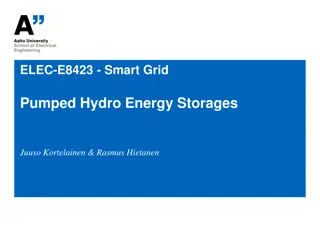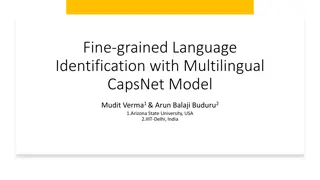Fine-Grained I/O and Storage Exploration in High-Energy Physics Workflows
Delve into enhancing I/O performance and parallelism in workflows, moving beyond traditional file-based methods. Aim to optimize data organization for efficient computation, scale processing with high multiplicity, and demonstrate improvements in real-world scenarios.
Download Presentation

Please find below an Image/Link to download the presentation.
The content on the website is provided AS IS for your information and personal use only. It may not be sold, licensed, or shared on other websites without obtaining consent from the author. Download presentation by click this link. If you encounter any issues during the download, it is possible that the publisher has removed the file from their server.
E N D
Presentation Transcript
Fine-grained I/O and Storage (IOS) Peter Van Gemmeren High Energy Physics Division Argonne National Laboratory gemmeren@anl.gov Rob Ross Mathematics and Computer Science Division Argonne National Laboratory rross@mcs.anl.gov 1
IOS Participants, initial list, will grow High Energy Physics Philippe Canal (FNAL) Oliver Gutsche (FNAL) Christopher Jones (FNAL) Michael Kirby (FNAL) Matti Kortelainen (FNAL) Peter Van Gemmeren (ANL) Kevin Pedro (FNAL) Brett Viren (BNL) Torre Wenaus (BNL) Computer Science Suren Byna (LBL) Matthieu Dorier (ANL) Rob Latham (ANL) Rob Ross (ANL) Saba Sehrish (FNAL) John Wu (LBL) 2
Fine-grained I/O and Storage Traditionally: Events have been grouped into (many) files Often processing is broken up by splitting up collection of files Multi-stage workflows pass data through files also In HPC: File access overheads are high(er) relative to cost of computation and communication. Larger files tend to help amortize costs, but force reorganization of data Lots of ongoing work in alternatives to files for passing data within workflows 3
What are we trying to accomplish? Explore options for improving absolute performance and parallelism of I/O during workflows Alternatives to use of files Connection with parallelization strategies work data organization should have good impedance match with what is needed for computation Understand implications of options for event data models and representations Allow for events to be segmented into smaller regions to speed up processing that can scale poorly with high multiplicity Mapping back to traditional file-based representations at end of workflow Demonstrate promising options in real-world HEP workflows 4
Plan of Work Phase I: Preparation Document existing implementations for participating experiments Define a set of representative synthetic benchmarks Discuss viability of alternatives for HPC workflows Phase II: Prototyping Develop proof-of-concept prototype(s) Work with PPS team to ensure efficient mapping to memory constructs Phase III: Benchmarking and reporting Run experiments using synthetic benchmarks on relevant platforms, refine prototypes Develop recommendations for experiments and engage in dialog on outcomes 5
Near Term Get to know one another! Give short presentations on background topics with Q&A Learn each others language 6
Topic Ideas Run and benchmark I/O for HEP production workflows on HPC Adapt to and utilize technologies such as Parallel File Systems (PFS) Develop a set of benchmarks to ground discussion and experimentation Use of non-POSIX storage for LHC Analysis Data i.e., not proper parallel file systems DataWarp very close to a PFS, easy to use Distributed Asynchronous Object Storage (DAOS) can mimic a PFS, but has richer multi- dimensional capabilities we might use (e.g., look like a table store) Other key-value options? Investigate optimization of (persistent) Event Data Model (EDM) in cooperation with Portable Parallelization group 7
Communication Mailing list: https://lists.anl.gov/mailman/listinfo/cce-ios cce-ios@lists.anl.gov Recurring calls: TBD 8
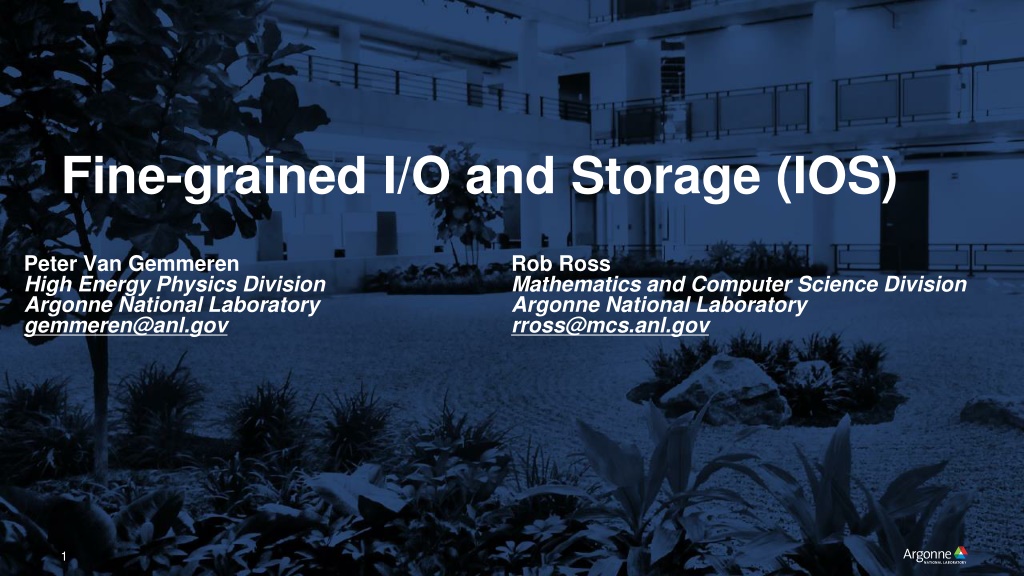
 undefined
undefined






